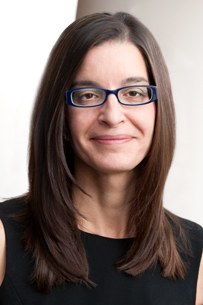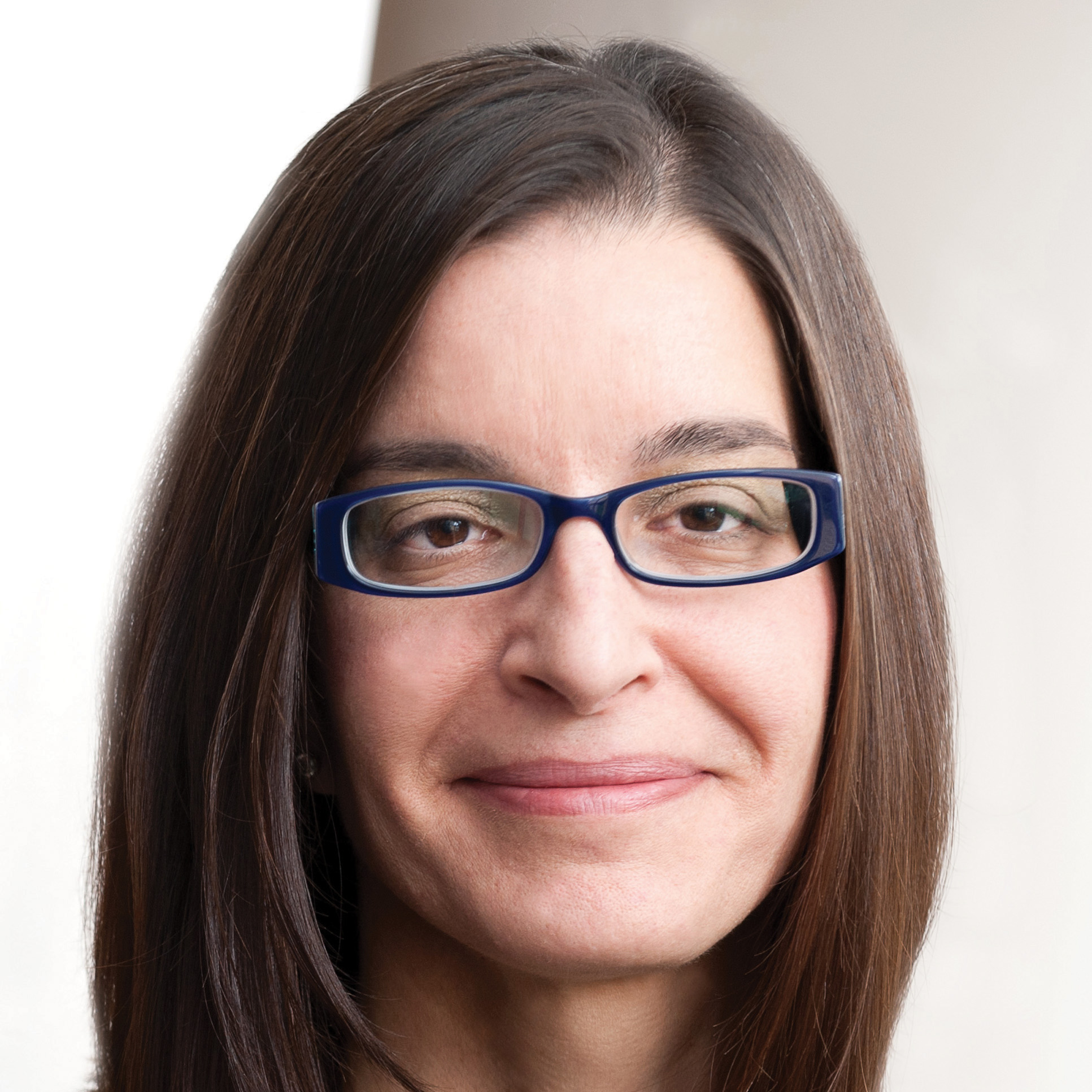 One recent morning I sat in juvenile delinquency court on the fifth floor of the county courthouse in Durham, N.C., and kept a bleak tally. A 14-year-old boy admitted to a larceny charge for having stolen a video console and games from his neighbor, a serious crime — a felony, because the property was worth more than $1,000. The boy was thin and wiry, and had a blank expression. He wore jeans, a long-sleeved shirt and no coat, despite cold temperatures. He was African-American.
One recent morning I sat in juvenile delinquency court on the fifth floor of the county courthouse in Durham, N.C., and kept a bleak tally. A 14-year-old boy admitted to a larceny charge for having stolen a video console and games from his neighbor, a serious crime — a felony, because the property was worth more than $1,000. The boy was thin and wiry, and had a blank expression. He wore jeans, a long-sleeved shirt and no coat, despite cold temperatures. He was African-American.
A 15-year-old boy was charged with larceny of an iPhone and possession of marijuana. His lawyer told the judge that when the boy was sleeping during “in-school suspension,” someone had placed another classmate’s iPhone in his coat pocket. As soon as the teen had awoken, he gave the phone to the school resource officer, yet he was still charged. In the courtroom, the boy stood up straight, dutifully said “yes, sir” and “no, sir” to the judge, and was placed on probation for a year, a disposition that could lead to incarceration for up to five days, placement with the Department of Social Services or nine months in a boot camp. He also was African-American.
Another 14-year-old boy was charged with assault with a dangerous weapon inflicting serious injury, a violent felony, for a scuffle with an older teenager who was an alleged gang member. The “dangerous weapon” was a small hand weight the boy carried for protection. The “serious injury” was a deep cut to the older teen’s head, which had been injured after the boy threw the weight in anger. The boy stood nervously with his mother, who spoke no English. He was Latino.
There were several other cases on that morning, and the pattern continued: young teenagers — either black or brown — who were charged with criminal offenses typical of adolescence. They had taken things that didn’t belong to them, used illegal drugs or gotten into fights. Yet, in a metropolitan area with a population of 288,000 that is 42 percent white, 38 percent black and 13 percent Latino, there was not one white child in the courtroom.
Having practiced in the juvenile courts of this Southern purple state for the past decade, I can report that this latest tally was not unusual. In fact, according to the federal Office of Juvenile Justice and Delinquency Prevention, children of color are significantly overrepresented in juvenile courts across the U.S. While white children are occasionally charged with criminal offenses, the vast majority are African-American or Latino.
That same week I watched the new documentary, “Kids for Cash,” a chilling tale of corrupt juvenile court judges in Luzerne County, Pa., who took kickbacks of nearly $2.6 million to build two private, for-profit detention centers. From 2003 through 2008, the judges committed hundreds of children to these facilities following brief court appearances during which the children unknowingly waived counsel and admitted guilt to minor offenses. Many then spent months or years separated from their families, leaving them profoundly damaged. Thanks to the dogged advocacy of lawyers Marsha Levick and Robert Schwartz from the Juvenile Law Center in Philadelphia, the judges were eventually convicted in federal court and themselves sentenced to lengthy prison terms.
What struck me most about the film was not the unusual nature of the cash kickbacks but the fact that the real tragedy in Luzerne County — like Durham, where I practice, or your own local juvenile court — was the inaction of others, including probation officers, prosecutors and defense attorneys, who all stood by and said nothing.
As I sit in these courtrooms, I try to remain conscious of my own role in perpetuating a system of racial and socioeconomic inequality. Have I failed to speak? Have I failed to act? Weeks, months and years pass, and the composition of the children in juvenile court remains the same. I know that I am not doing enough, but it is not clear what can or should be done. I only know that whenever possible, I am driven to keep our young clients out of the juvenile justice system, because it is very difficult for them to get out.
Tamar Birckhead is a criminal defense attorney, law professor and director of clinical programs at the University of North Carolina at Chapel Hill.


























